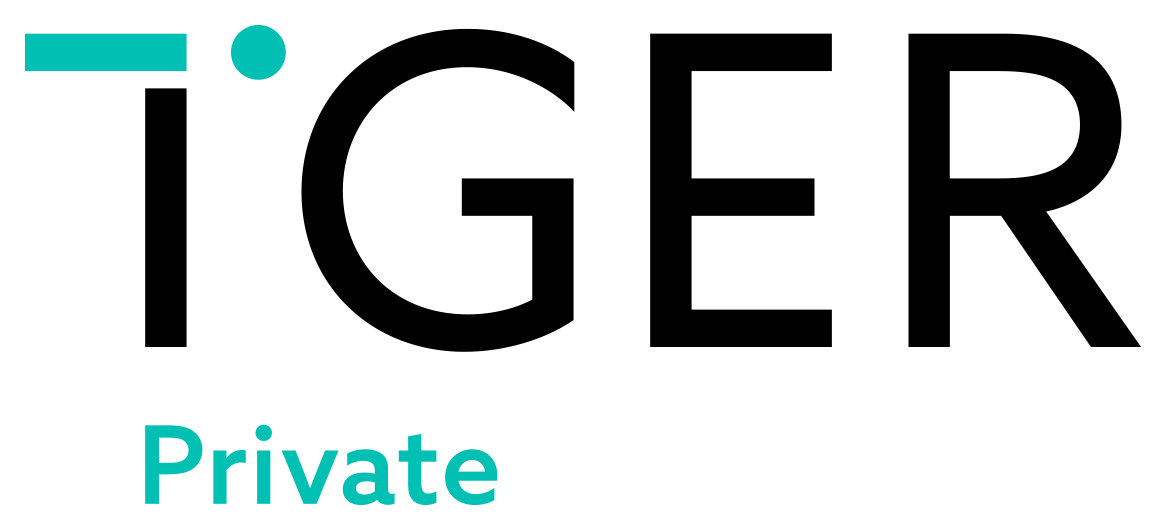Flexible working defines the practice of working away from the office – by either working at home, or being able to start late / finish early to suit individual lifestyles. Flexible working practices have become increasingly common around the world, with almost 50% of full-time workers in the UK now working with flexible hours, according to Timewise[1]. Employers in Dubai are facing the same circumstances: according to the International Workplace Group (IWG) study, “60% of employees in the country work away from the office at least once a week” [2]. With more companies embracing flexible working, they are also reaping the rewards when looking to find new employees and attract talent in the Middle Eastern job market. Here are just some of the benefits of offering flexibility in your workplace.
Decreased stress
As Dubai is a global business hub, there are a high number of expats moving in and out of the city, and it takes time to adjust to a new time zone and culture. This, alongside the desire to work hard in order to keep up with the demands of world-wide trade, means that it’s no surprise that 80% of people in UAE live in a state of high stress.[3] Stress can lead to disengagement and demotivation in the workplace, making it a pressing issue for employers in the UAE to deal with. Flexible working gives your employees the option to negotiate some regular time to work in a different environment that functions better for them, like their home or a favourite coffee shop.
Improved productivity
The IWG study found that “85% of respondents confirm that productivity has increased in their business as a result of greater flexibility”[4]. This may be a result of the traditional office environment actually becoming an extremely distracting place. From colleagues popping around to ask a question to multiple meetings a day, phones ringing off the hook and general chatter in open-plan offices, the office is becoming less ideal for productivity. Flexible working allows individuals to choose their most productive unique working patterns, as well as the freedom to prioritise other areas in their lives such as fitness or families.

Attract and retain great staff
We’re seeing a change in benefits packages for employees in Dubai whereby it’s less likely that expats will have benefits such as a car or children’s school fees paid for as standard. If your company is no longer in a position to offer these packages, introducing flexible working hours could be a great benefit to help retain and find staff more successfully. If you’re looking to recruit a permanent employee and your preferred candidate is a young parent, for example, this will allow them time to be at home with their children during the working day. This will also positively affect retention, as flexible working will encourage employees to stay at your company, rather than looking around for something new.
Reduced recruitment costs
Your management team will be pleased to know that flexible working also offers a few indirect positives to your bottom line! With lower staff turnover, you’re reducing training costs as well as the cost to replace an employee. With fewer workers in the office, overheads will also decrease as less desk space is required. For reference, IWG forecasts that the US could see an annual economic boost of $4.5 trillion dollars through flexible working options[5]. This figure alone should be a reason to consider adopting flexible working options in your workplace.
Tiger can help with your office and PA recruitment needs and provide advice on the best employee benefits to attract the talent you need. Get in touch today!
[1] https://timewise.co.uk/wp-content/uploads/2018/05/Manifesto-for-change.pdf
[2] http://contact.regus.com/GBS18_Report_Download_Request
[3] https://whatson.ae/dubai/2019/02/5-things-we-learned-at-the-2019-world-government-summit/
[4] https://www.iwgplc.com/global-workspace-survey-2019
[5] http://assets.regus.com/pdfs/iwg-workplace-survey/iwg-workplace-survey-2019.pdf





